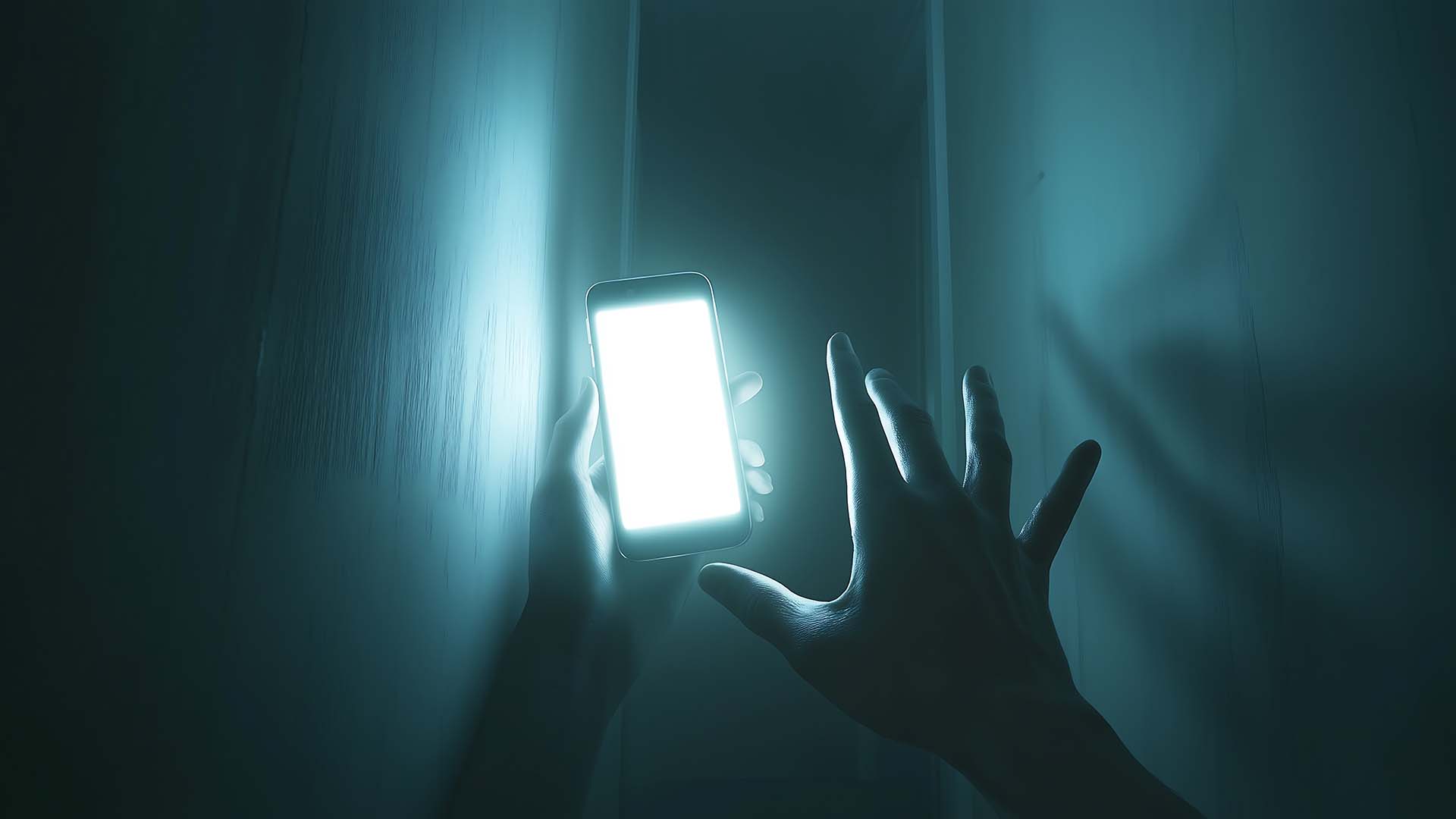How to stay sane while working from home during COVID-19
Thousands of Americans are telecommuting to help prevent the spread of COVID-19 – but it can be tough. Here are some tips for maximizing productivity and mental health.

Working from home for a couple of days might sound like a treat. Doing it for a couple of months, on the other hand…
Across the country, millions of workers are discovering that a sofa does not make an ideal workstation and that they’re weirdly missing that office colleague who never stopped talking.
There’s no doubt that working from home for a prolonged period is going to feel unstructured, isolating and often just plain lonely. So RED connected with three Metropolitan State University of Denver experts – psychology Professor Randi Smith and Professors David Bechtold and Lynn Hoffman from the Department of Management – to share some helpful tips and insights.
Carve out a workspace
Smith: When your home also becomes your office, it’s important to figure out ways to maintain boundaries between the two. If possible, set up a particular area of your home as a workspace. That way, when you’re in it, you’re working – and when you’re not, well, you’re not. The ideal answer is a home office – but if your workspace is in your bedroom or living area, set up the work materials and then purposefully put them away again every day. This mini-ritual will delineate when your work for the day begins and ends.
Establish a routine
Hoffman: Whatever your usual workday routine is, keep it. Get up at the same time every day, shower, get properly dressed, then go sit in your workspace. Routine is really important to us, so try to replicate your usual work experience as closely as possible. Otherwise, your body and mind can get thrown into a tailspin because suddenly you’re doing things so differently. Basically, if you’re still sitting on the sofa in your pajamas at 2 in the afternoon, that’s a bad sign.
Beware of distractions
Bechtold: Recognize that there are many more distracting things in your house – family, TV, books, various chores – than at the office, and they can pull you away from your work. Presumably, your boss will not be able to see you while you work at home – that would be creepy! – so the onus will be squarely on you to stay productive. It may sound easy, but working from home requires a lot of discipline.
Be prepared for tough times
Smith: People usually relish the idea of a break from the office, but this feels different. We’ll be expected to maintain a busy workload – and get used to stuff like new technology and virtual meetings – all while feeling the world has turned upside down. And that’s very unsettling. What’s more, all this “time to ourselves” isn’t chosen; it’s imposed. And so much isolation, even for introverts, can feel really daunting and lonely. So be on the lookout, both in yourself and those you love, for signs of depression – seeming blue, irregular sleep and a loss of energy and interest.
Make a to-do list
Hoffman: Years ago, I was told something that always stuck with me: “If you don’t plan a day, it will happen anyway.” And that’s so true. Each day is going to unfold regardless, but without a plan you could be left with nothing at the end of it. And while compiling a list is always a good idea, it’s particularly important when you’re working in an unstructured environment like your own home.
Replicate your usual schedule
Smith: Do you normally visit the gym on the way to work, then stop for a coffee at Starbucks? Create an alternative version. Schedule some daily exercise – a neighborhood walk or pushups and planks at home – then treat yourself to coffee at the same time each day. Daily structure is essential in helping us feel productive and grounded, so manage your home workday as if you were still going to your job. This is going to be a long haul, so we all need to develop sound habits to keep us healthy, safe and sane.
Focus on accomplishments, not hours
Bechtold: A workday at home should be measured less by the number of hours you put in than by what you accomplish. In formal work settings, most people’s eight-hour days include a little (if not a lot of) slack time. So use your daily to-do list to help estimate what you should reasonably achieve in a day – and then don’t feel guilty if you happen to finish early. (Really, who’s going to tell on you?) And if you don’t get everything done, place the outstanding items at the top of your list for the next day.
Take regular breaks (and eat)
Hoffman: A lot of people will just continue working on and on – and I’m as bad as anyone for this – but you absolutely should take regular breaks. Step outside, walk the dog, grab a snack. Basically, do anything just to clear your mind. There are clear links between good health and getting enough rest and mental acuity – so treat yourself right. Especially when working from home, you really need to give your brain an occasional rest.
Be patient with your children
Bechtold: If sharing the home with your children, remind them that your work will need to take priority during designated times – but then also make a fuss and show them how much you appreciate their support during break times, and especially once you’re done for the day. Your kids shouldn’t be expected to treat their home as a library (or even a morgue) just because you have to work there. Remember: Being stuck at home is a big sacrifice for them, too.
Stay connected (and take care of yourself)
Smith: Although we need to remain physically distant, it’s perhaps more important than ever to stay in touch with one another. Fortunately, these days we can easily call, text, Skype or use social media to reach colleagues, family and friends. But this is still a very challenging time. If you start feeling consistently depressed, bear in mind that many mental-health clinicians are providing remote services during this crisis. And take care not to respond to the isolation with an increased use of alcohol and other drugs.
Unplug at the end of each day
Hoffman: You absolutely have to unplug at the end of each day. That either means get out of your home office, if you have one, or properly pack away your work materials and stow them out of sight. Psychologically, you need to walk out of your workspace. However, I can hear my wife laughing as I say this because she knows that, left to my own devices, I’d probably work all night. So please: Do as I say, not as I do!







